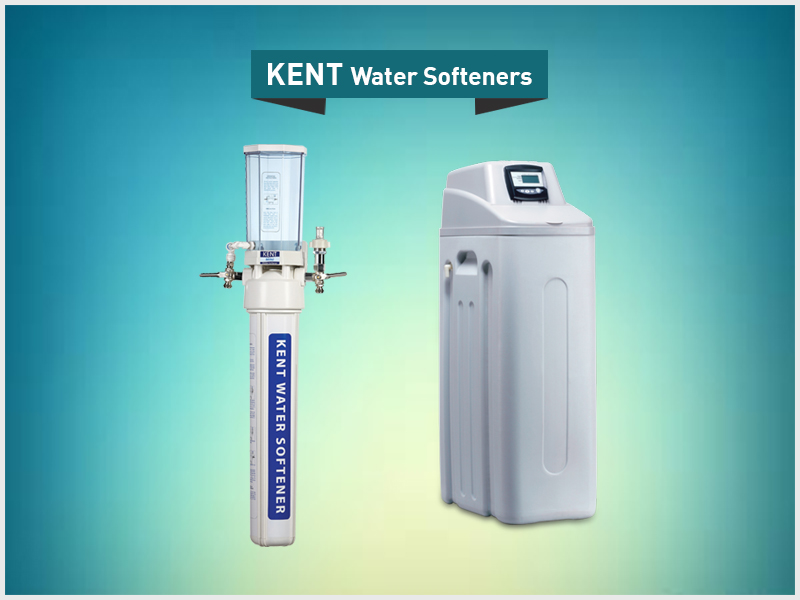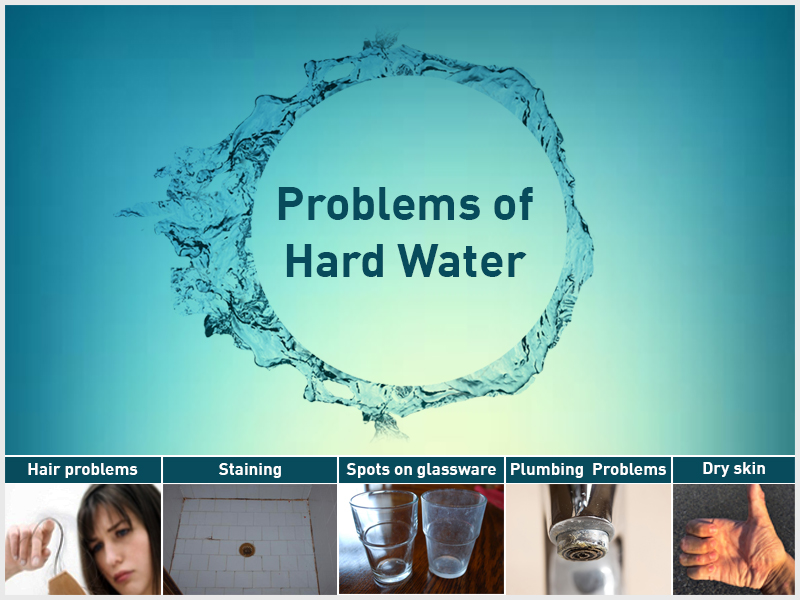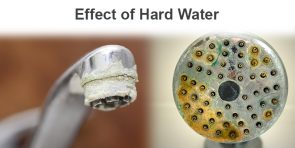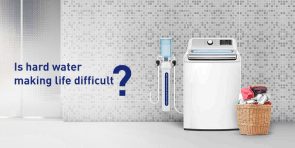A Handy Buying Guide for Water Softeners
Hard water, which is quite common in India, leads to a number of problems. A thin white film on your bathroom tiles, spots on glassware, dry hair and skin, clogged pipes are some of the common problems caused by hard water. While many people use traditional methods of making hard water soft, these methods don’t provide desired results. A better and effective alternative is to opt for a water softener, which makes hard water soft automatically. However, many people confuse a water softener with a purifier and end up buying the wrong product. This water softener buying guide will provide all the necessary information that you need to know when buying a water softener.
What is Hard Water?
The hardness of water depends on the number of grains per gallon (GPG) present in water. In some cases, the hardness of water is also measured by PPM (parts per million) of minerals. Water that contains more than 1 GPG (1 GPG=17.1 PPM) of dissolved minerals such as salts, magnesium, manganese or carbonate is hard water. However, if the water that you get has up to 3.5 GPG of minerals, you can avoid using a water softener. Excess of these minerals add some undesirable qualities to water, which makes it hard.
Problems of Hard Water
Hard water not only has an impact on your household items such as plumbing fixtures, bathroom tiles, crockery, and clothes. Apart from affecting your household items, hard water also has an impact on your health to some extent. Hard water may lead to eczema, diabetes, kidney stones, constipation and affect the bone mineral density. Considering these problems, it is necessary to install a water softener to improve the quality of water and make it suitable for use.
What is water softener?
A water softener is a device that treats hard water by removing minerals like calcium and magnesium. It uses a process called ion exchange to replace the hard minerals with sodium or potassium ions, making the water softer. This prevents scale buildup in pipes and appliances, improves water flow, and makes soaps and shampoos lather better.
Types of Water Softeners
Though there are different types of water softeners available, ion exchange water softeners have top the list of the best range of water softeners. We list some of the different types of water softeners available in the market.
• Ion Exchange Water Softener
Ion exchange water softeners are connected to the plumbing systems of your home. The water softeners also have salt that replaces calcium, magnesium, and other hard minerals that make water hard. The water softeners contain resin beads which soften hard water by substituting excess calcium, magnesium, and iron with salts.
• Salt-free Water Softener
Salt-free water softeners use potassium chloride to make water soft. Though these are not very effective like ion exchange water softeners, salt-free water softeners are ideal for people who are concerned about sodium intake. The water softener doesn’t reduce the minerals that make water hard, instead, it prevents mineral deposit on the surface of appliances.
• Magnetic and Electronic Water Softeners
Magnetic and electronic water softeners are mainly descalers. These type of water softeners reverse the electromagnetic properties of minerals that make water hard. The process ensures that the water pipes prevent the hard minerals from settling to avoid damage.
• Dual Tank Water Softeners
Recharging the water softener is necessary to ensure that it works smoothly. However, during the recharging phase, the water softeners stop functioning. Dual tank water softeners have two tanks that work alternatively whenever there is a need for recharging.
Explore: 5 brilliant tips for Water Softener maintenance
Detecting the Hardness of Water
There are some common signs of detecting hard water. Whenever you notice white stains on your sinks, bathroom tiles, or if your bathroom fixtures need frequent repair, it indicates that you get hard water. In addition to noticing the signs, you also need to get the water quality tested to know the level of hardness in water.
Size of Water Softener
Another important factor that you need to consider is the size of the water softener. It is necessary to get a water softener that meets your demands. However, it’s not the size but the ability of the water softener to remove hardness that you need to check. To calculate the size of water softener, multiply the number of people by the average amount of water used per person. Depending on your requirement, you can buy a water softener that you can connect to your dishwasher or washing machine or the one that provides complete water supply at home.
Features of Water Softener
Before buying a water softener, ensure that you consider the features and controls of the water softener. Check out the programming levels, settings in the menu and display options before making the final decision. In addition, you also need to check whether the water softener has automatic regeneration for ease of operation.
Timer Controls
Clocks or timers present in the water softeners automatically regenerate the water softeners on the pre-set time and day. The automatic regeneration process makes it easy for you to choose a time when the machine will not be in use so that it doesn’t interrupt your daily chores.
Finding the Right Brand of Water Softener
Another important factor that you need to consider is the brand of the water softener. When choosing a water softener, opt for a renowned brand to ensure that you get value for the money that you spend. Renowned brands such as KENT provide top quality and fully automatic water softeners. The water softeners improve the quality of water and make it suitable for use. In addition, renowned brands provide their quality service if there is any problem with the machine.
Installation of Water Softeners
Depending on your preference, you can install a whole-house or point-of-use water softener. The whole-house water softener is installed with the overhead whereas the point-of-use can be installed with the washing machine or geyser. The whole-house water softener supplies soft water to the entire house so that you get soft water for all your daily needs. A point-of-use water softener provides soft water for specific purposes such as bathing or washing clothes.
Why Choose KENT?

KENT, a renowned brand in the healthcare industry, provides healthcare products to ensure that you live healthy and safe. The water softeners by KENT make hard water soft by exchanging the salts of calcium and magnesium with sodium. The water softeners help in generating extra lather and can be easily placed next to a geyser, washing machines, and dishwashers or overhead storage tank. Check out our range of best water softeners in India and buy one for your home.
Frequently Asked Questions
1. Is it okay to drink water softener water?
Drinking water from a water softener is generally safe. It removes minerals like calcium and magnesium, but adds some sodium. If you’re concerned about the sodium content, you can have a separate tap for drinking water or use a reverse osmosis system to ensure safe and tasty water.
2. Will water softener remove TDS?
Water softeners remove hard minerals like calcium and magnesium but do not remove total dissolved solids (TDS). They may increase TDS slightly due to added sodium. For complete TDS removal, a reverse osmosis system or other advanced filtration methods are required.
3. How much does a water softener cost?
In India, the cost of a water softener varies based on the brand, capacity, and features. Basic water softeners for small households may range from ₹8,000 to ₹10,000. Larger capacity or advanced systems can cost between ₹12,000 to ₹25,000 or more. It’s essential to consider installation charges and ongoing maintenance costs when evaluating the overall investment in a water softener.






Good learning.
It also needs consultation to match the requirement of water for proper selection.
Hi Saradindu De,
Thank you for your valuable feedback.